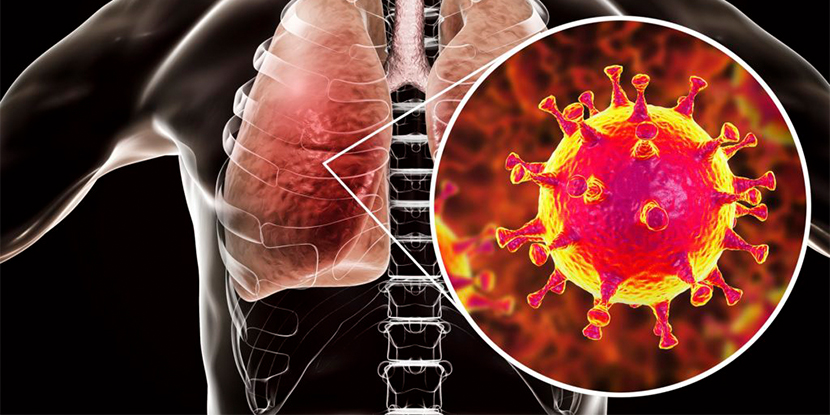Infectious diseases are always a threat to a large community of people. World Health Organization repeatedly cautioned in the past that the rapid increase in infectious diseases every year is a great threat to public health. The concerns came true in the form of the Covid-19 pandemic. Reportedly it originated in the Chinese city of Wuhan in December 2019. In just a couple of months WHO declared it a global pandemic because it spread to all the counties of the world. Till now it has claimed 41,250 lives and the total infected people are 837,150. So, what is it about the infectious diseases that make them spread so rapidly? Let’s find out.
Several reasons continue to accelerate the spread of diseases around the whole world. Some basic reasons include the ever-increasing world population, poverty, lack of proper healthcare systems, and environmental pollution.
Germs are the reason for the spreading of diseases, and when germs enter a human body, it infects it. They spread various organisms like bacteria or viruses in the body and therefore they are known as infectious diseases. One infected person may transfer the germs to another person and that is done by communication and interaction.
Infectious diseases can also be caused by an infected animal. That was the case in Covid-19 pandemic. It spread to humans from a bat. The traveling of disease from the infected animal has a disastrous impact on the human body. So, animals should be handled with care. Infectious disease can also be caused by insect biting. Insects like mosquitos are a big source of different diseases. Mosquitos are responsible for diseases like Malaria, Dengue, and the Nile virus. Under the consideration of current environmental conditions; spoiled food and contaminated water are big sources that spread various diseases.
Vaccination is a vital measure to avoid the spread of diseases on a large scale. One has to make sure to get vaccinated and vaccinate his family regularly. If one is traveling abroad or even traveling out of the city, the person should take special vaccination so that he will not contain and carry diseases from some other place.
Lots of measures have to be taken individually to avoid the infections in daily routine. One has to wash hands before the preparation of the food. Ensure the habit of washing before eating food, after using the washroom, after touching animals and after arriving home as this simple act will help reduce the risk of infectious diseases.
In case an infectious disease is spreading rapidly, people should isolate themselves from one another and socially distance. Moreover, one has to avoid going outside if the person is infected with some contagious virus. They must wear masks all the time to keep other people safe. Stay in the home the most you can. Another very important thing is that every individual should have their own personal items like sunglasses, comb, toothbrush, or razer to themselves and they should not be shared with others.
Image source link

















